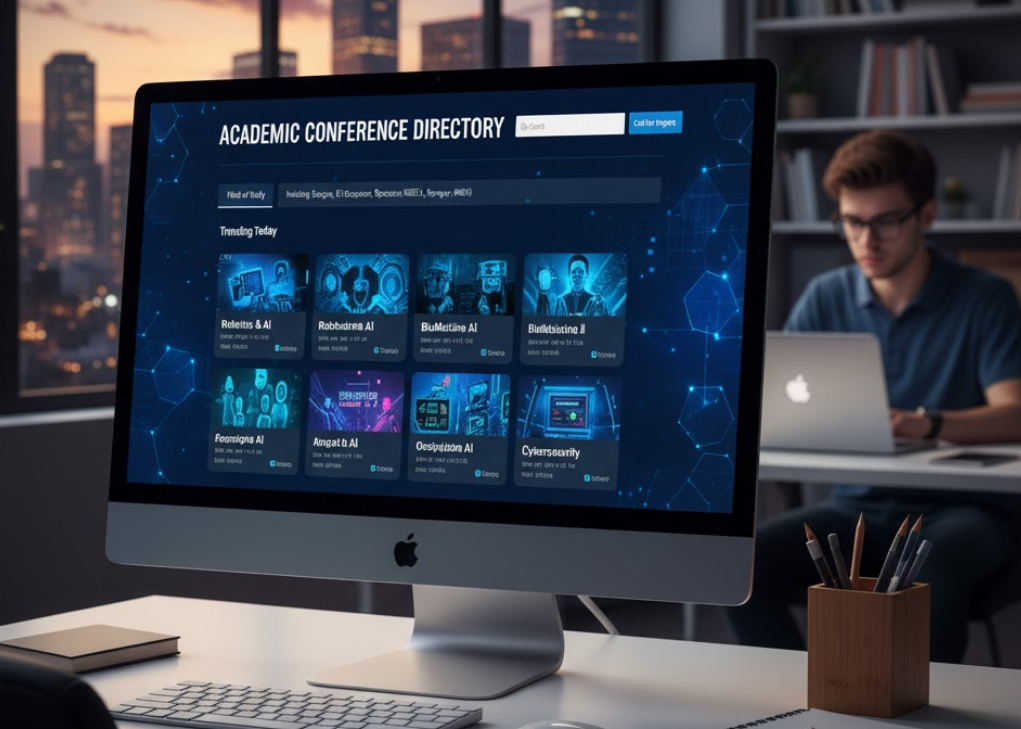

238 views||Release time: Nov 11, 2025
An academic conference directory is a curated, searchable database designed specifically for the academic community. Unlike a simple search engine, a high-quality directory does not just list events; it organizes, vets, and categorizes them based on criteria that matter to researchers, such as indexing status and sponsor reputation.
Its primary purpose is to centralize information, making it easy to discover relevant, high-quality conferences and, just as importantly, to filter out low-quality or predatory events.

Using a specialized directory is a matter of efficiency and security.
Saves Critical Time: Instead of browsing dozens of individual university or society websites, a directory provides a single point of search.
Ensures Quality & Reputation: A reputable directory vets its listings. This is the first line of defense against "predatory conferences" that exist only to collect registration fees without providing genuine academic value.
Tracks Key Deadlines: A good directory provides clear "Call for Papers" (CFP) and submission deadlines, helping you manage your research and writing schedule.
Verifies Indexing: For many researchers, publication in proceedings indexed by Scopus or EI Compendex is a primary goal. A premium directory clearly flags this information, saving you the trouble of cross-referencing.
Not all directories are created equal. When evaluating a conference directory, look for these critical features:
Advanced Search & Filtering: The ability to filter by more than just date and location is essential. Exceptional platforms, such as iConf, typically allow researchers to apply precision filters by field of study (e.g., Computer Science, AI), indexing (Scopus, EI Compendex), sponsors (e.g., IEEE, Springer, ACM), or country/city.
Accurate Indexing Information: This is non-negotiable. The directory should clearly and accurately state whether a conference's proceedings are intended for inclusion in major databases like Scopus and EI Compendex.
Clear "Call for Papers" (CFP) Management: The best directories highlight submission deadlines, notification dates, and registration deadlines, effectively acting as a personal "conference alerts" system.
Vetting and Transparency: A trustworthy directory has a clear process for listing events. It should provide direct links to the official conference website, list the sponsoring organizations, and showcase the conference committee or key speakers.
A good directory helps you avoid bad conferences. Be cautious if you see:
Vague or No Indexing Information: Reputable conferences are proud of their indexing partnerships.
No Clear Peer Review Process: Legitimate academic conferences must have a rigorous peer-review process.
Overly Broad Topics: A conference "on all of science and engineering" is a major red flag.
No Link to an Official Website: The directory should always link directly to the source.
An academic conference directory is more than just a list; it is a vital career tool. It streamlines your search, protects you from predatory events, and aligns your publication goals with the world's most reputable conferences.
By leveraging a high-quality platform that emphasizes comprehensive, well-vetted information—like that found on iConf—you can spend less time searching and more time focusing on what truly matters: your research.